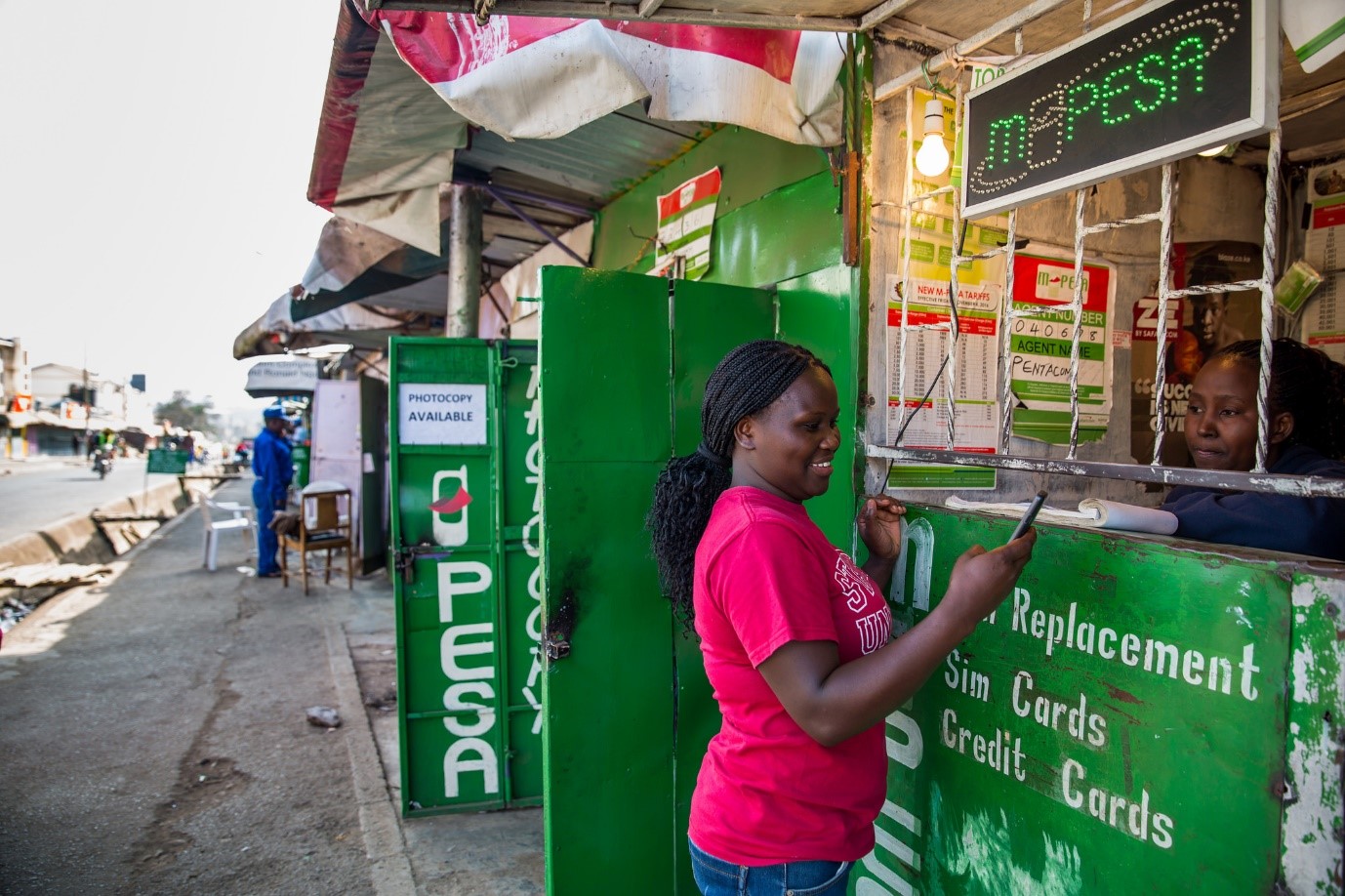Editor’s note: This post is part of ImpactAlpha’s “Frontiers in Social Innovation” series with Stanford GSB Center for Social Innovation. The posts in the series are adapted excerpts from the book, “Frontiers in Social Innovation,” edited by Neil Malhotra of the Stanford Graduate School of Business.
The Covid pandemic created a “perfect storm” of social, economic and environmental issues: leadership failures, climate change, gender, and racial upheaval. Some also suggested it presented an opportunity to build back better.
Now, as the U.S. economy is recovering from the COVID-19 pandemic, a global recession is threatening worldwide havoc. Lessons from the pandemic could enable us to face and recover faster and better from the challenges of a global recession.
The pandemic revealed that gaps can spur innovation, that innovators may emerge from any sector, including the most unexpected places, and that benefiting from social innovation requires a willingness to support it.
Like a pandemic, a recession is episodic and thus expected to end eventually. This suggests that recovery should focus on managing the short-term crisis and planning for long-term emergence and sustainability. It requires embracing social innovation from many actors and enhancing their ability to work to address social, economic and environmental factors–and embracing the idea that doing so represents a sound investment.
In times of economic downturn, investors tend to turn toward mature, stable investments. Though counterintuitive, investing in innovative ideas with long-term horizons offers opportunities for investors to diversify and hedge their portfolios, thus making them less, rather than more, risky.
Economic context
Current challenges with rising inflation, interest rates, and geopolitical instability have rattled the economy and reduced investments across sectors. SoftBank, for example, announced it would be much more selective in future investments. Other notable funds, including Tiger Global and D1 Capital, are following suit. Venture capitalists warn of “dark times ahead as the boom times are unambiguously over.”
This is impacting multiple sectors. After a considerable surge from Q4’2020 to Q4’2021, investments in health tech startups have fallen significantly. Just $10.4 billion was invested globally in digital health companies in Q1’2022–the lowest in six quarters.
Environmental, social and governance and sustainable investments have also been declined. BlackRock, for example, said it would “support fewer proposals on climate issues.”
Opportunity from crisis
One thing a crisis does is make systemic problems more evident. At such times, innovators can emerge from unexpected places.
Indeed, a global crisis forces people most affected to develop innovative solutions. To illustrate this, we present Boomitra, which means “friend of the earth” in Sanskrit. Boomitra is a startup on a mission to remove CO2 from the atmosphere at scale and low-cost. The social for-profit organization is aiming to build the world’s first international soil-carbon offset market enabled by artificial intelligence.
The idea for Boomitra emerged from tragic, desperate circumstances. In 2016, founder and CEO Aadith Moorthy, a Stanford University PhD student in materials science and engineering, was visiting a rural village in India when he came across the funeral procession of farmer who had committed suicide due because of impacts of drought and climate change on his livelihood.
Moorthy later learned that more 30 farmers in India and others elsewhere commit suicide each day for similar reasons. He committed to transforming the lives of farmers across the globe by empowering them to be part of the solution.
The marketplace Moorthy built allows corporations and governments to buy certified carbon removal credits at scale to offset their greenhouse gas emissions. Boomitra enables farmers to be financially rewarded for adopting practices that increase their soil’s organic carbon, sequestering CO2 from the atmosphere at half the price of planting trees.
Boomitra’s technology, which uses satellites and AI to measure and verify soil carbon, soil moisture and nutrients up to 30-foot (10-meter) resolution anywhere in the world, with no hardware, sensors or sampling required.
Today, Boomitra has operations in India, South America, Southeast Asia and the U.S., and is working with thousands of farmers, helping them grow more with less. As a result, Boomitra estimates that 9-gigatons of CO2, or approximately 20% of annual carbon emissions, can be sequestered by farmers worldwide at the lowest cost.
Last June, Boomitra announced that it had raised $4 million from a combination of growth venture firms focused on sustainability investments.
A sound investment
Boomitra’s example suggests that innovation during times of crisis requires that founders and ideas with long-term horizons have access to capital and support. Often they lack access to resources needed to incubate and scale.
For investors, such opportunities that respond to identified needs and address critical gaps, however, can contribute to a diversified portfolio. This is one reason they are worthwhile, despite feeling risky in periods of economic turmoil.
To reduce the negative repercussions of yet another “perfect storm,” and to forge golden opportunities out of a crisis, we must commit to continued investments in vital areas for a sustainable future, such as human and planetary health.
Beyond investing in socially impactful innovations, investors could advocate for socially impactful innovations, leveraging their financial clout to drive innovators toward social impact.
Sara Singer is Professor of Medicine at Stanford School of Medicine and Professor of Organizational Behavior (by courtesy) at Stanford Graduate School of Business.
Sevda Memet from Romania, graduated with a joint master’s degree in Business Administration and Public Policy at Stanford Graduate School of Business as a Knight-Hennessy Scholar (inaugural cohort).
Gordon Bloom founded the Social Entrepreneurship Collaboratory (SE Labs) at Stanford, Harvard and Princeton, and teaches about the design, development and leadership of innovative social ventures.
Suruchi Kothari, MD is a primary care physician from Imperial College London.







